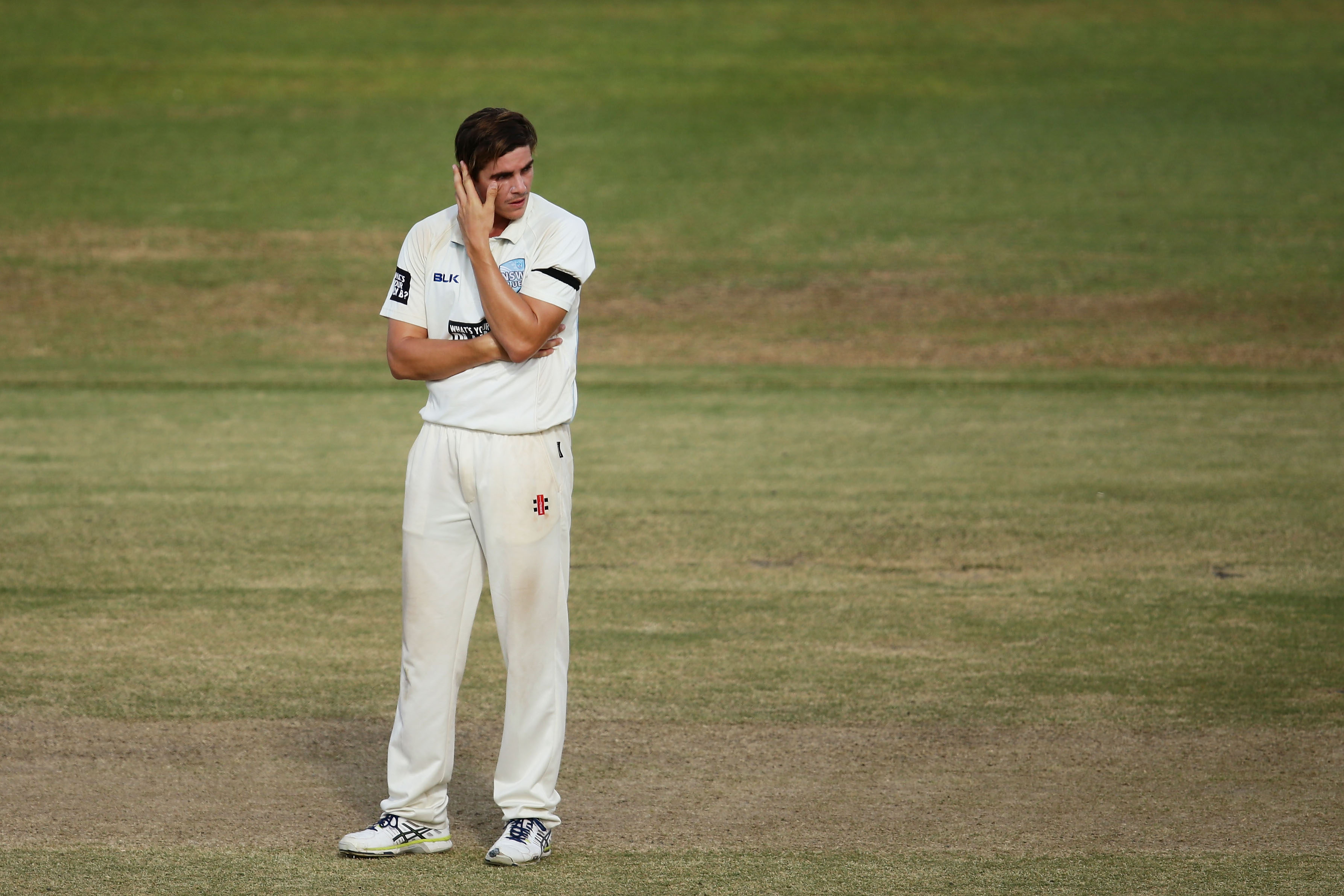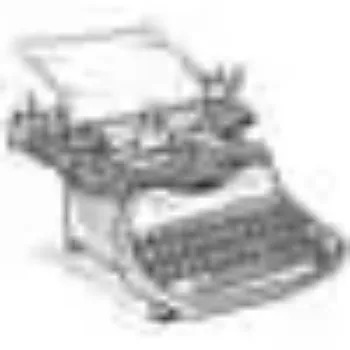Sean Abbott recalls Phil Hughes' death, says bouncers should not be banned
Australian pacer Sean Abbott on Tuesday has said, in a written statement, that the unfortunate death of Phil Hughes should not lead to a ban on bouncers but called for improvements in protective gear. Expressing his admiration for Hughes as a player, Abbott said that Hughes was a “tough competitor”.

On November 25, 2014, pacer Sean Abbott became the unfortunate man to bowl the ball that tragically struck Phil Hughes on the side of the neck, causing an arterial injury that led to his death two days later. As a part of the inquest looking into Phil Hughes's death, Abbott released a statement on Tuesday which described the events of the day from his perspective.
Abbott felt that banning bouncers by taking account of one awful incident will not help the sport as the cricket ball still poses a danger in other ways.
"I know there is a suggestion that the laws of the game be changed so that bouncers should not be bowled," Abbott wrote in his statement. "But the same cricket ball will be hit and flying around whether bouncers are bowled or not. There will always be risks in the game.
"Nothing stands out to me as a change that should be made to cricket, except for maybe some more protective equipment and training on what to do if someone gets hit," he wrote.
Abbott understandably remembered every single moment of that tragic incident and recalled them in his statement – how the batsman was a bit early into the shot.
"I think Phillip was a bit early through the shot," he wrote.
"If a batsman is early through the shot, it makes me think that the ball is slower than they had anticipated. I don't remember the ball being fast or slow. Maybe the wicket was a little bit slower that day. That's the type of wicket at the SCG. After Phillip was struck, I saw him start to sway and I ran to the other end of the pitch and I held the right side of his head with my left hand,” he recalled.
The 24-year old wrote about the events that took place in the aftermath of that ball, saying it was hard for him to remain normal for the next few days.
"I remained on the field until after Phillip was placed on the medicab and then returned to the change room. Once in the change room I felt confused and upset, I had a headache, people kept coming up to me but I cannot remember what they said,” Abbott wrote.
"It was all a bit of a blur and I felt like I was in a bit of a daze. I felt super tired. These feelings stayed with me for the next few days."
Although the New South Wales bowler was not asked to be present at the inquest, he wrote in his statement that there was nothing unusual on the day leading to the tragic incident.
"I do not recall anything unusual about the day prior to the incident when Phillip was struck and I do not recall anything unusual about the bowling that day or in the lead-up to the incident," Abbott wrote.
Equally, Abbott had no recollection of any sledging between the players beyond some banter about fielding positions.
"I cannot say that backchat is common, however, it is common for bowlers to talk to batsmen in the sense of having a competitive chat. For example, bowlers can let batsmen know that there are no fielders in a particular area and that they should hit the ball there. However, I cannot recall any sledging that day, nor do I recall any complaints being made about sledging."
Abbott also wrote about his admiration for Hughes as a cricketer.
"I always looked up to Phillip. He was a tough competitor," Abbott wrote. "I always knew that I would have to work hard to get him out. I don't think I had ever got him out."

Comments
Sign up or log in to your account to leave comments and reactions
0 Comments